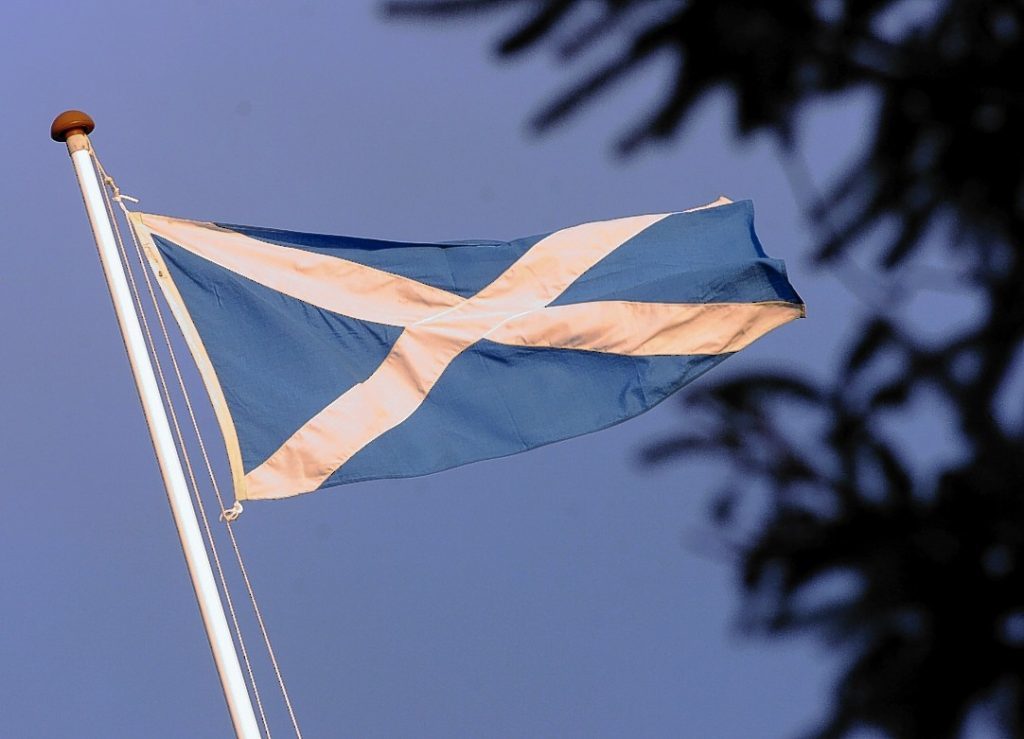
Economic growth forecasts for Scotland have been increased but remain “weak“ for the next few years and hampered by Brexit uncertainty, according to a new report.
Researchers at Strathclyde University’s Fraser of Allander Institute now forecast growth of 1.1% in 2017, 1.3% in 2018 and 1.6% in 2018, a marginal increase on the institute’s July predictions.
The upward revision is credited to “signs the UK will press for a transition and not a ’cliff-edge’ when leaving the single market”, the fall in Sterling, Bank of England stimulus and a “slightly less pessimistic environment for the North Sea”.
However, Scotland’s recent growth is a third slower than the UK, 0.7% for the year to June 2016 compared with 2.2%.
The report’s authors said closing this gap will be a major challenge for the Scottish Budget announcement on Thursday as the new fiscal framework for Scotland’s increased tax powers mean
Scotland will lose out if it does not match the performance of tax receipts per head in the rest of the UK.
Institute director Graeme Roy predicts Finance Secretary Derek Mackay will “resist going much further” than current plans not to pass on the rise in the the 40p tax threshold in Scotland and a council tax increase for top bands, but warns some services could face cuts of more than 10% in the next five years.
Researchers predict a particularly challenging outlook for households in the next three years due to rising inflation, limited employment and earnings growth, and a freeze of many UK-wide in-work benefits.
They warn that while the terms and timing of Brexit remain unknown, a “considerable degree of uncertainty” surrounds the near-term economic outlook.
Mr Roy said: “The Scottish economy has remained relatively resilient in the face of challenging headwinds, with growth returning in the second quarter of 2016. Most indicators point to this growth having continued through the remainder of the year.
“But growth in the Scottish economy continues to lag behind the rest of the UK, driven in part, but not entirely, by the ongoing challenges in the oil and gas sector.
“Over both the last 18 months and the first six months of 2016, Scotland’s growth rate has been around a third of that for the UK as a whole.
“The Finance Secretary will be thinking hard about how best to use his Budget on Thursday to narrow this gap and crucially whether or not to follow the UK Chancellor’s lead with a package of support to help business and boost productivity.
“But he has little room to manoeuvre. Whilst the Scottish Budget is forecast to rise slightly in real terms next year, as a result of ongoing efforts by the UK Government to tackle ever higher levels of public-sector debt, it is still on track to be cut by over 3% in real terms by the end of the Parliament.
“Major manifesto budget commitments in areas such as the NHS, childcare and police funding – combined with new pressures in education – imply average real-terms cuts of more than 10% by 2020-21 in unprotected areas.
“To help his budgetary position he is likely to announce a modest increase in income tax for higher earnings in Scotland next year compared to the UK and increased council tax bills, but with a challenging economic backdrop he is likely to resist going much further.”
A Scottish Government spokesman said: “As the Fraser of Allander report acknowledges, Scotland’s economy has shown resilience despite the UK Government’s austerity regime and determination to pursue a hard Brexit, both of which are putting pressure on household incomes and discouraging investment across the UK.
“Brexit is by far the biggest threat to Scotland’s jobs, prosperity and economy, which why we have always been clear that remaining members of the EU – and members of the world’s largest single market of more than 500 million people – is the best option for our future.
“The Finance Secretary will publish the Scottish Draft Budget later this week that will support our economy, tackle inequality and provide high-quality public services for all.”
Recommended for you
